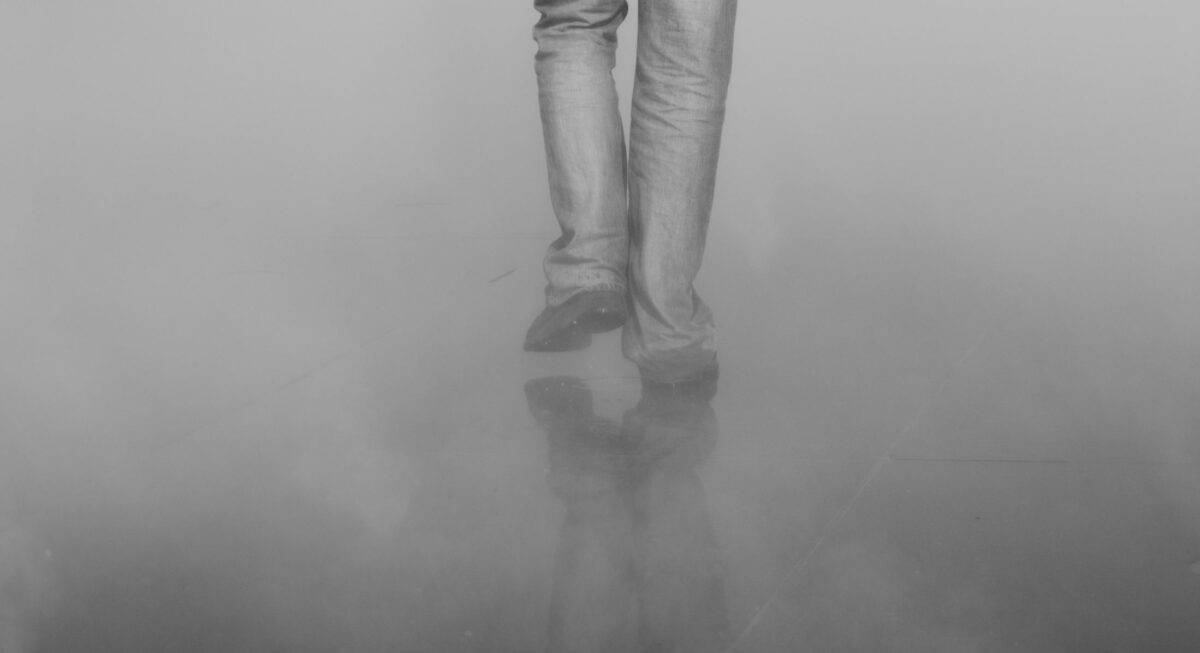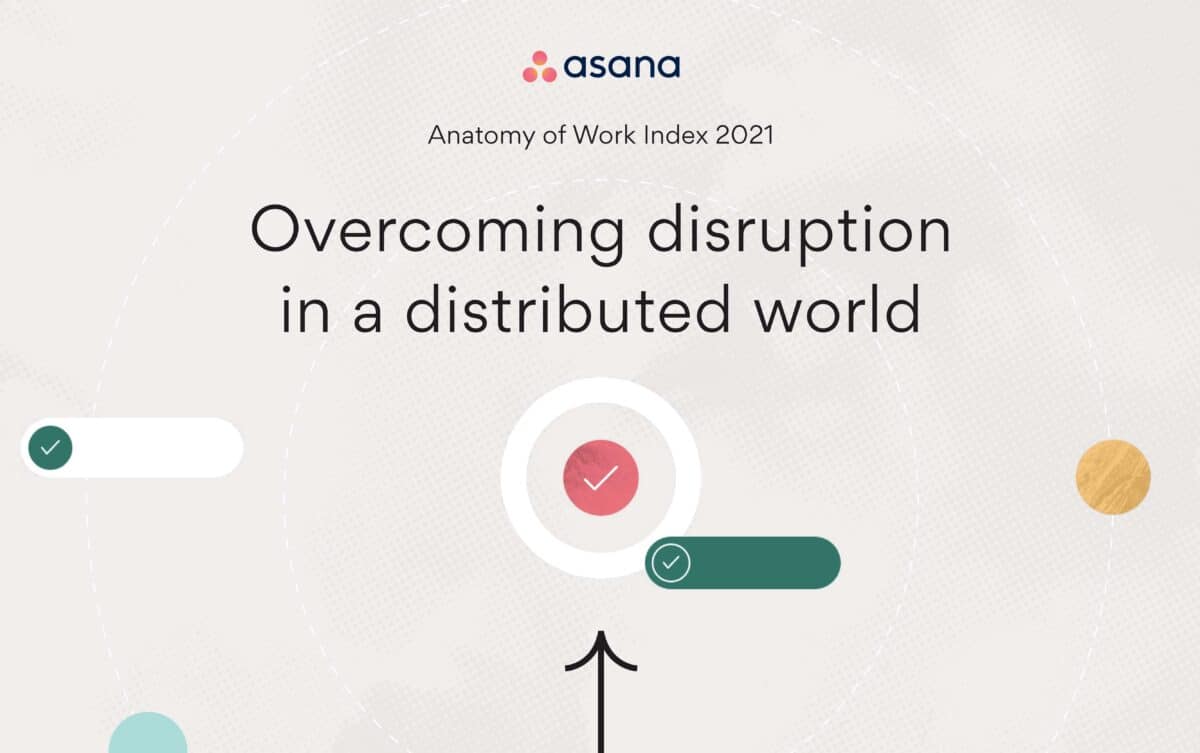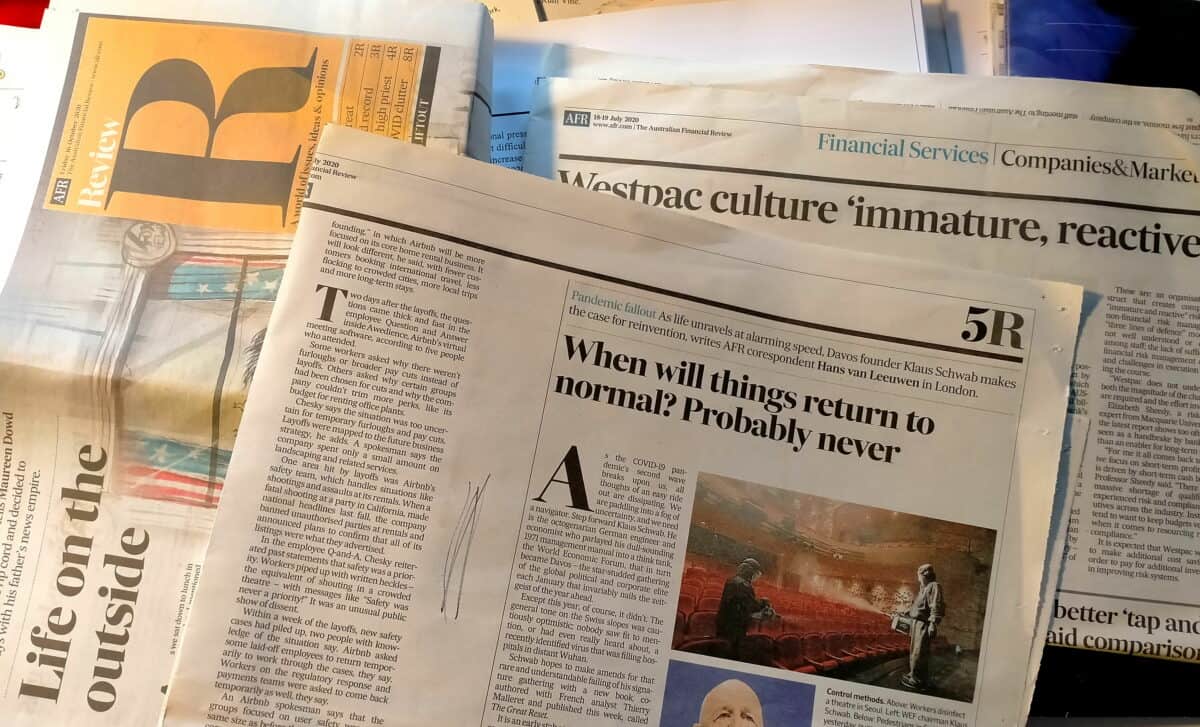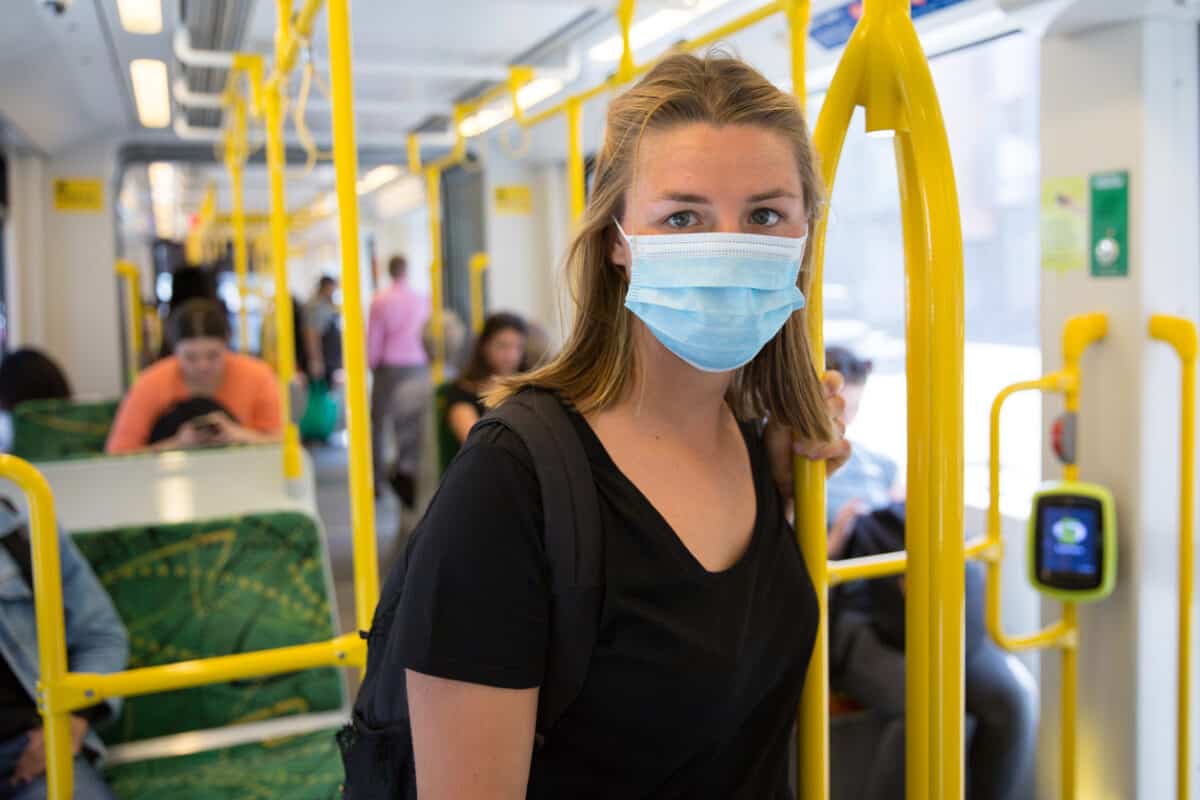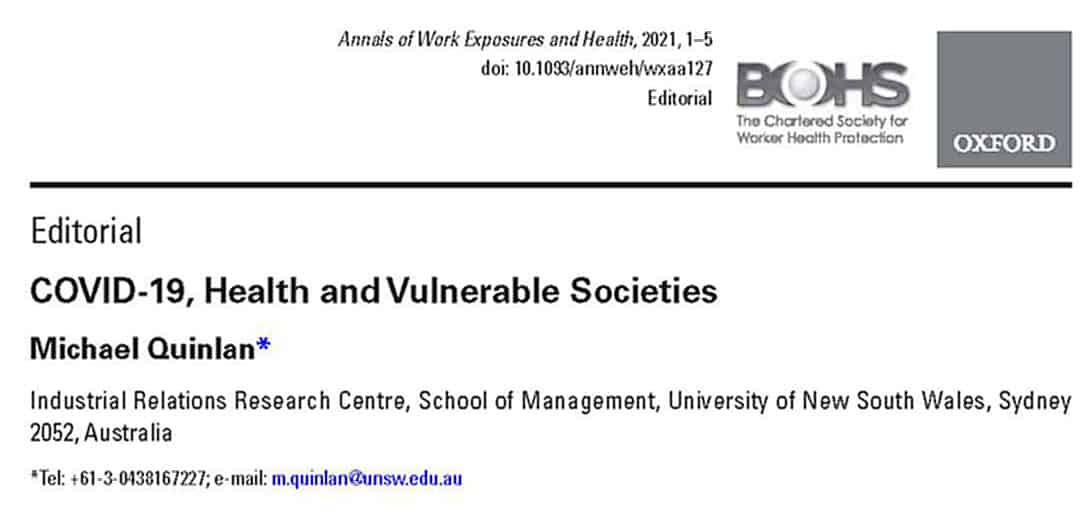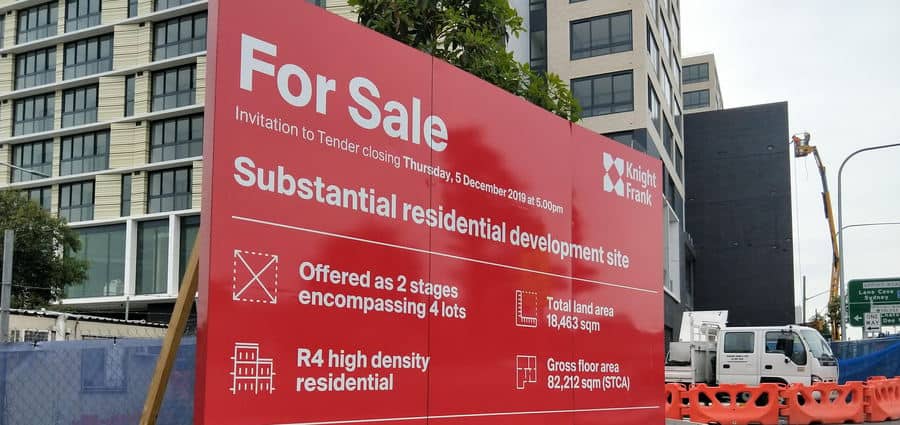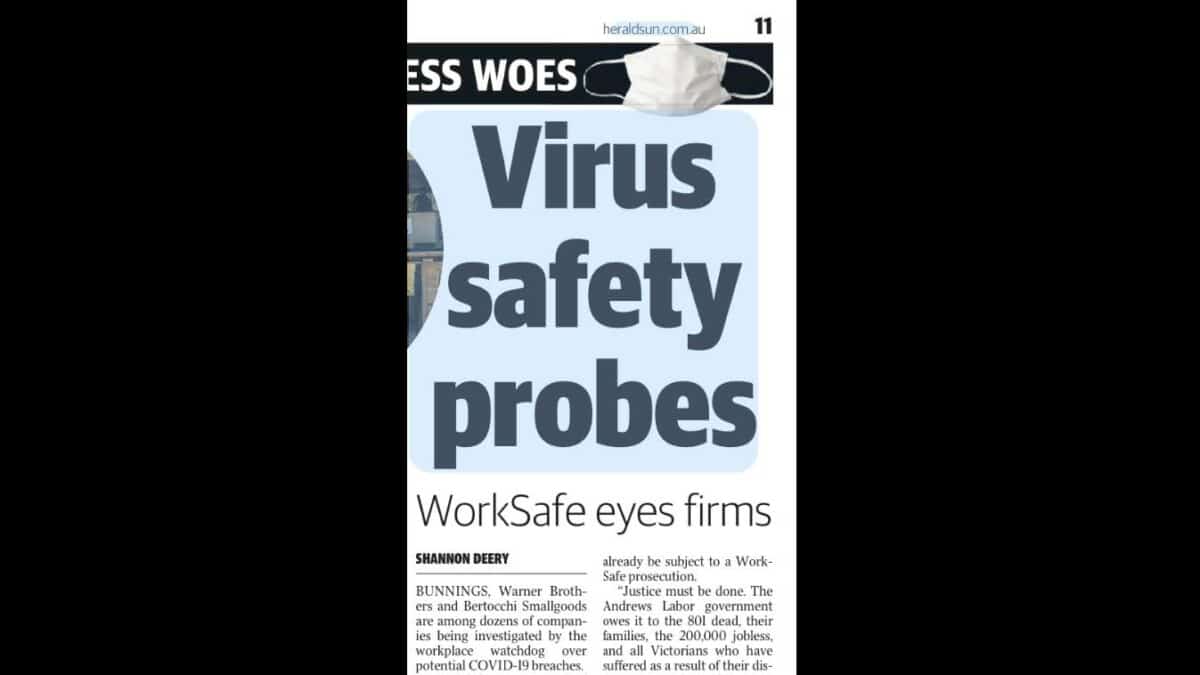It seems like every other day there is an article online or in the press about the “future of work”. One I noted this morning is a two-minute video posted by Human Tech. The odd thing is that the future the speaker, Blake McGowan, discusses is very familiar, but is more about the past and the present than the future and it is very difficult to progress if you don’t acknowledge the history.
Category: Premium
Interesting? Yeah. Useful? Nah.
The last six months have seen a spate of marketing surveys about the impact of COVID19 on workplaces as well as the secondary consequences, such as mental health. On 18 January 2021, The Australian Financial Review (AFR) published an article based on one of these types of surveys conducted by the “work management platform Asana” which claimed:
“Almost three-quarters of Australians suffered burnout last year and the average office worker’s overtime nearly doubled from 236 hours in 2019 to 436 hours, a global study of more than 13,000 office workers reveals.”
This is inaccurate.
Culture, greed and safety heckles
More business “gems” from the Australian Financial Review (AFR).
The potential for corporate change from Australia’s Royal Commission into Misconduct in the Banking, Superannuation and Financial Services Industry is fading fast. Back in July 2020, the Australian Financial Review (AFR) reported on an investigation by the Australian Prudential Regulation Authority (APRA) that found, according to the AFR’s headline, that Westpac bank’s culture was immature and reactive.
Safety culture, or an organisational culture that integrates safety, has been a running theme in Australian occupational health and safety (OHS) circles for several decades now but it has rarely gained traction. Partly this is due to the distraction presented by corporate wellbeing programs which address symptoms of ill-health and un-safety and provide a comfortable excuse for company executives who can then claim some action even if the results are dubious.
Mandatory COVID19 vaccinations? Yep.
Each Monday in January 2021, workers are returning to workplaces, worksites, and offices, often with regret that the Christmas/New Year break was not long enough. This year their return is complicated by concerns about COVID19.
The major talking point, at least in Australia, is “can an employer force a worker to be vaccinated as a condition of returning to work?” and the answer seems to be “Yes”.
Building a resilient society
In the middle of a pandemic, it is easy to be locked into small issues, especially if they directly relate to you, such as lockdowns or sick relatives but it is important to be reminded of the broader social context. Professor Michael Quinlan recently wrote an editorial for the Annals of Work Exposures and Health, entitled “COVID-19, Health and Vulnerable Societies”.
Creating a scaffolding standard that already exists?!
The judgement against GN Residential Construction P/L, part of the Ganellen group, is now publicly available. GN/Ganellen pleaded guilty to work health and safety breaches that lead to the death of a young worker (Christopher Cassaniti) and serious injuries to another worker (Kahled Wehbe), and was fined $900k. The judgement provides much more detail than the media reports at the end of last year, with important information about scaffolding and also a requirement to establish a “Scaffolding Industry Safety Standard Working Group”. The curious part of this latter requirement is that New South Wales has had an industry standard for scaffolding since 2008.
WorkSafe Victoria’s COVID19 OHS investigations
WorkSafe Victoria and its CEO Colin Radford have been pilloried by a couple of political and economic commentators recently, especially over the handling of the Hotel Quarantine Program. Radford and WorkSafe have wisely not reacted to the loudest voices and have continued their work investigating COVID19-related breaches of the occupational health and safety legislation.
One of the accusations of the commentators is that the OHS regulator has been slow to act. The Herald-Sun newspaper published an article on January 7, 2021 based on the list of companies being investigated but mentioned only a handful. The full list is included below.
Newspapers must make editorial decisions in relation to newspaper space so the omission of the full list is understandable. However, the online version, for which space is not an issue, still omitted the list or at least a hyperlink to the list. The online and printed articles are almost the same except that the online version omits the name of Australia’s largest hardware stores, Bunnings, from the first paragraph; an editorial decision (or error) that is hard to understand.

